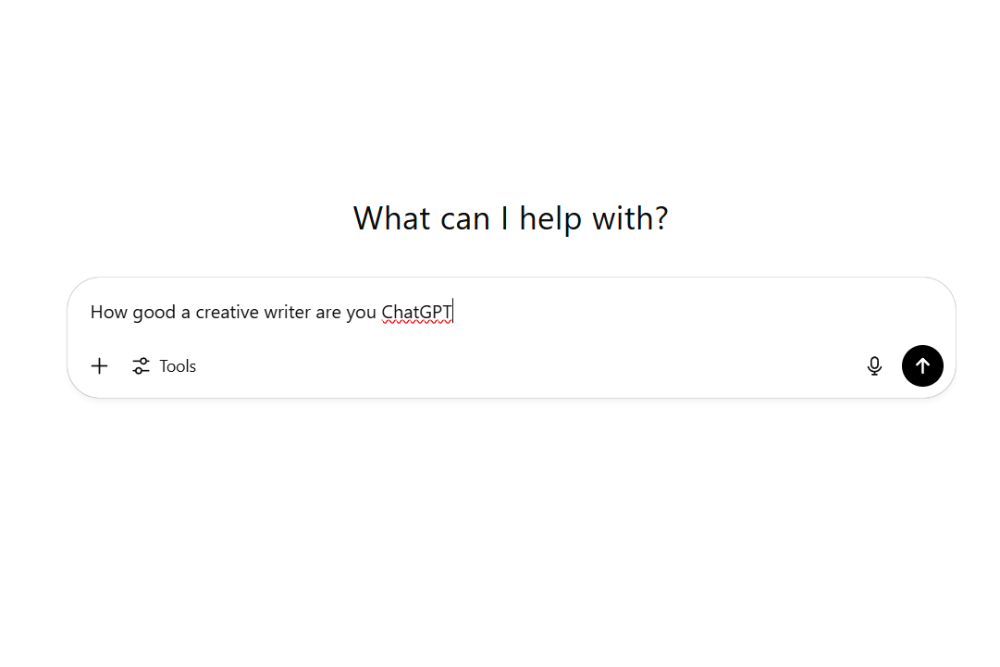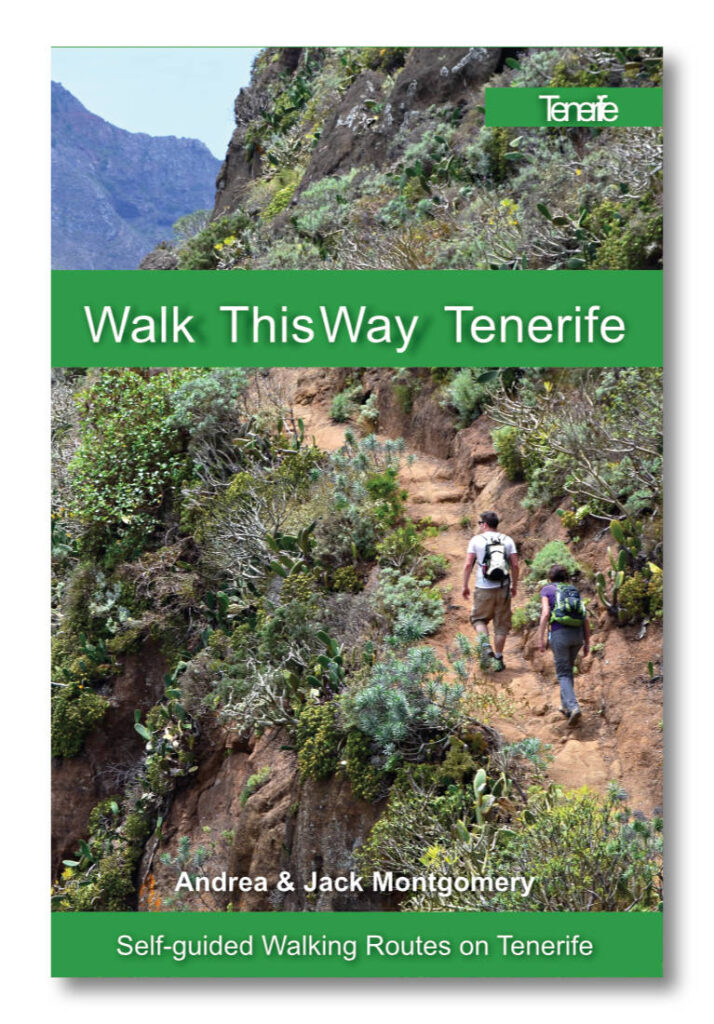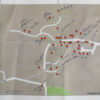There is a surfeit of posts on LinkedIn about the impact and usage of AI. Some of these concern the use of em dashes (—), which Google’s AI overview informs me is used more in the U.S. than Britain. Us Brits apparently favour en dashes (-). I use both, but that’s another matter. What baffles me though is the number of posts which hold up the em dash as proof that a piece of text was created by artificial intelligence. Seriously? That’s really the main piece of evidence that gives AI away?
The AI Experiment
I recently took part in an AI experiment in a creative writing group. The experiment was to take a 150-to-200-word scene from the book authors were working on and then ask any AI chatbot to rewrite the scene (giving it information about characters and what was taking place as well as the same word count). We then posted both on the group’s forum so other authors could try to guess which was the human version and which was the work of AI.
Forty writers participated in the experiment. In all but a couple of cases, participants easily spotted the AI version. Similarly, in all but one or two examples, they agreed the human text was superior.
Extract I used in the exercise (I’m not saying which was mine and which was the bot):
‘Ah, nae chance, son,’ called a port worker, giving him a stern look.
Jamie ran up, breathing hard. ‘Ye’re kiddin’ me! I was sure I had time!’
The worker shook his head, arms crossed. ‘Missed it, aye. Left a good ten minutes ago.’
Jamie’s stomach dropped. ‘Naw, man! That’s the last one, is it no’?’
The worker glanced over his shoulder, pointing to the far side of the island. ‘Nae exactly. There’s another, but it’s no’ comin’ tae this pier. Ye’ll need tae head doon the road.’
Jamie looked at his watch. ‘How lang ’til that one leaves?’
The worker grunted, glancing at his own watch. ‘Twenty-five minutes. Ye’ll be lucky tae make it in time.’
Jamie cursed under his breath, running a hand through his hair. ‘Twenty-five minutes? Aye, right, cheers for that.’ He spun on his heel and started to sprint.
However, many of us were surprised at how well AI performed, far better than we expected. The bots produced some superb, evocative descriptions and visuals. Whether these were nicked from elsewhere, who knows.
Not quite there yet
Although the AI bots did well, there were recurring patterns which gave them away. One was AI’s writing was far too flowery, over descriptive. “Like a fourteen-year-old’s first attempts at creative writing” was how one author described it.
Other identifiers were – an overdose of clichéd emotions; the balance was weighted in favour of tell rather than show; emotions were flat, with characters coming across as distant and lacking depth (difficult in a 150-word extract though). Maybe another way of saying this is that they lacked soul.
One thing AI was guilty of which instantly gave it away was, chatbots always used double rather than single quotation marks for dialogue. The writing group is a British one, although members come from across the world. In Britain, editors prefer single quotation marks. Incidentally, I’ve changed the dialogue quotation marks in both examples to single to create a level playing field.
Alternative extract used in the exercise:
‘What time’s the last ferry?’
‘You see that big boat disappearing roon the corner o’ Selkie Bay?’ replied the dour port assistant.
‘Aye,’ Jamie answered, suspecting he knew what was coming next.
‘That’s it.’
‘Fuck.’
‘There’s another ferry, ye know.’
‘Up at the Strind?’
‘Aye, that’s the one.’
‘I thought that stopped running after Mad Hamish died?’
‘Aye, it did. But the company took it over aboot ten years past. There’s a ro-ro ferry up there now.’
‘Ro-ro?’
‘Roll on, roll off.’
‘When’s the last one?’
‘Aboot quarter to nine.’
‘And what time is it now?’ Jamie rummaged in his pocket for his phone.
‘Just after hauf eight.’
‘Remind me, how long would a taxi take to get to the Strind?’
‘Aboot twenty-five minutes.’
‘Right, of course it would.’ Jamie ran a hand through his hair. ‘It would appear I’m stuck here for the night.’
‘Aye, it would appear so.’ The port assistant moved away.
‘It’s easier to get off Alcatraz than it is this effing island,’ Jamie muttered at the man’s back.
The Big Reveal
For me, none of the reasons I’ve mentioned so far were what instantly exposed AI as clearly as Gordon Jackson’s character replying ‘Thank you’ to the German policeman’s clever ‘Good luck’ in The Great Escape (a dated reference, but one which remains lodged in my mind in case I ever find myself in a similar situation). What gave away AI on many occasions was a complete lack of humour. AI hasn’t developed a sense of humour … yet.
Funnily enough, out of the many reasons writers gave for how they could tell which was AI and which was human, use of the em dash was not one of them. That’s because there are far more reliable ways of spotting those big, flashing neon arrows pointing to AI’s soulless touch.












